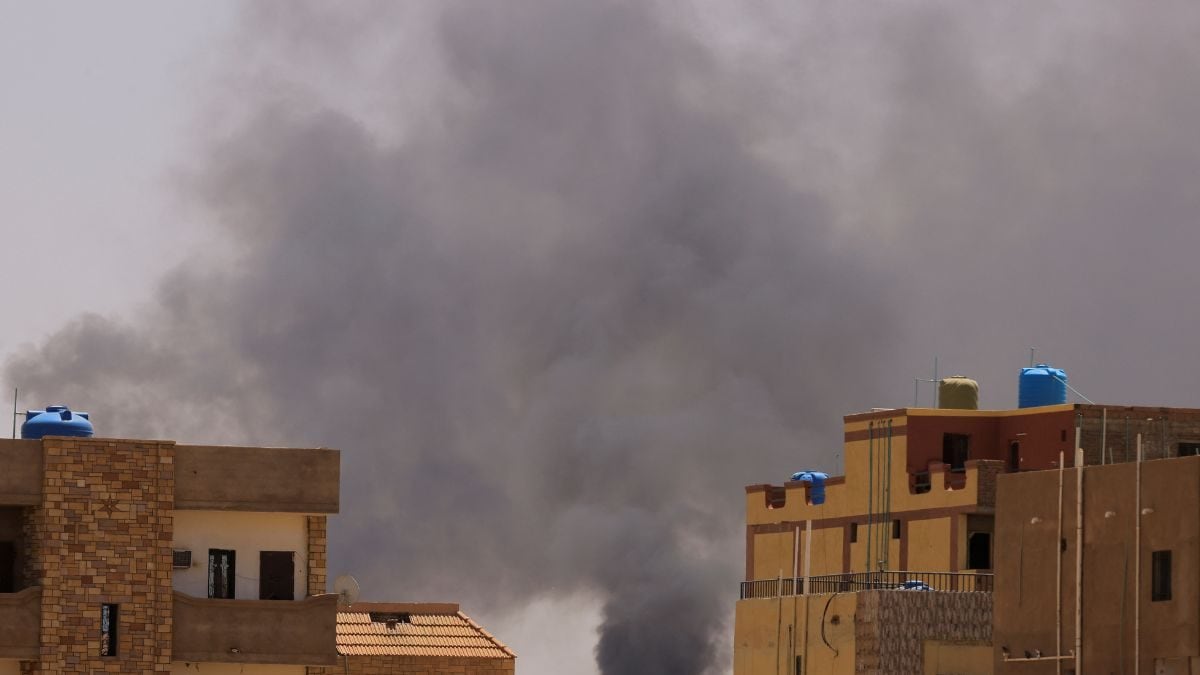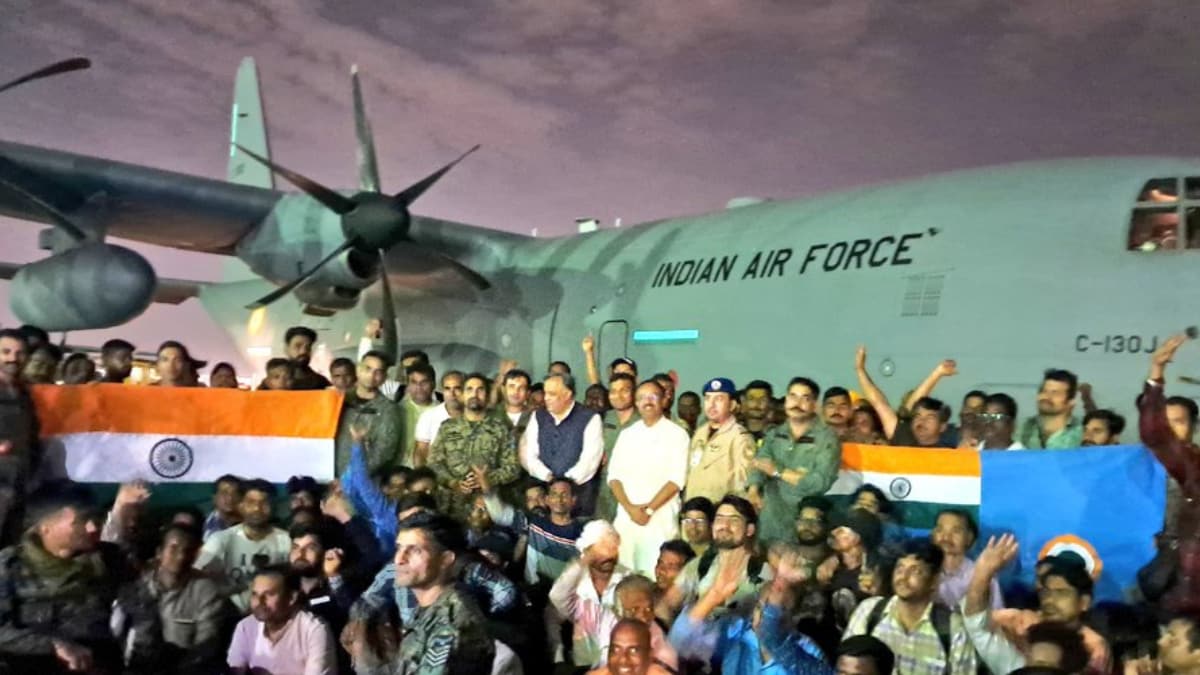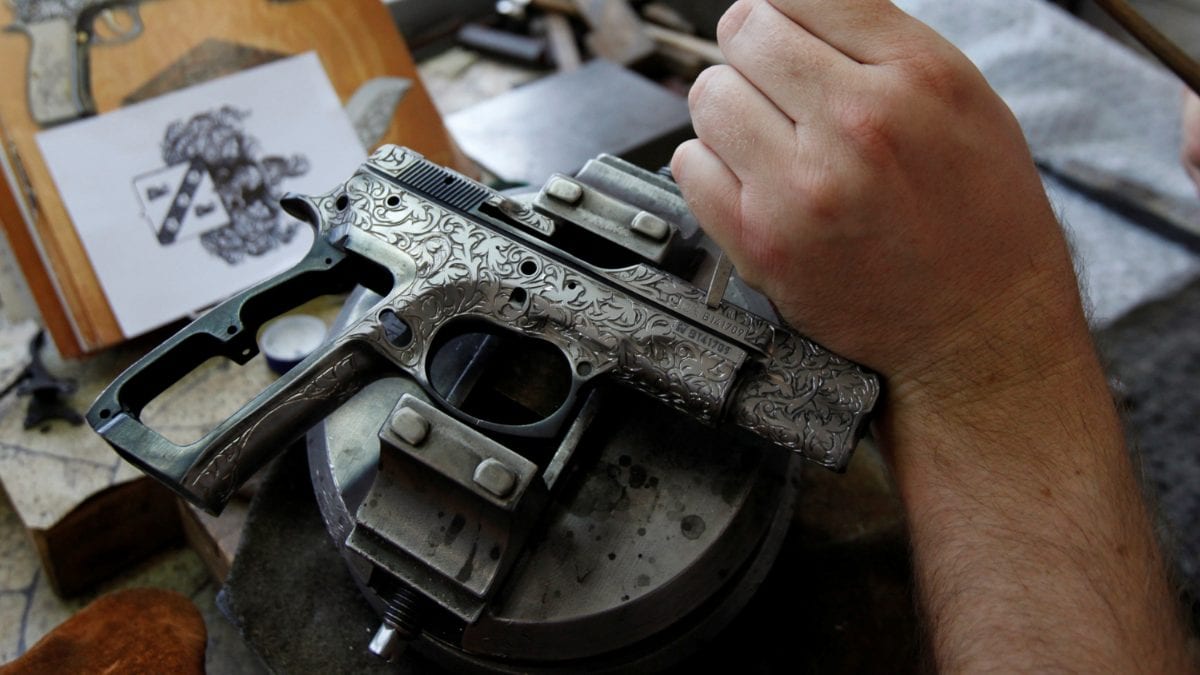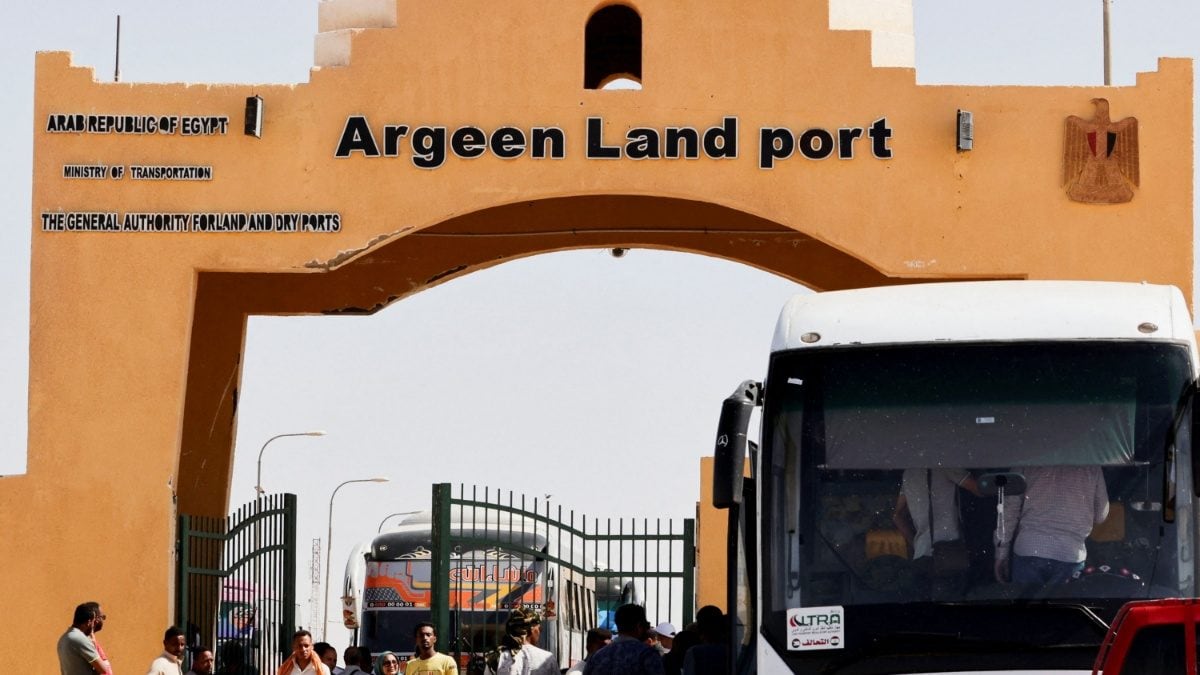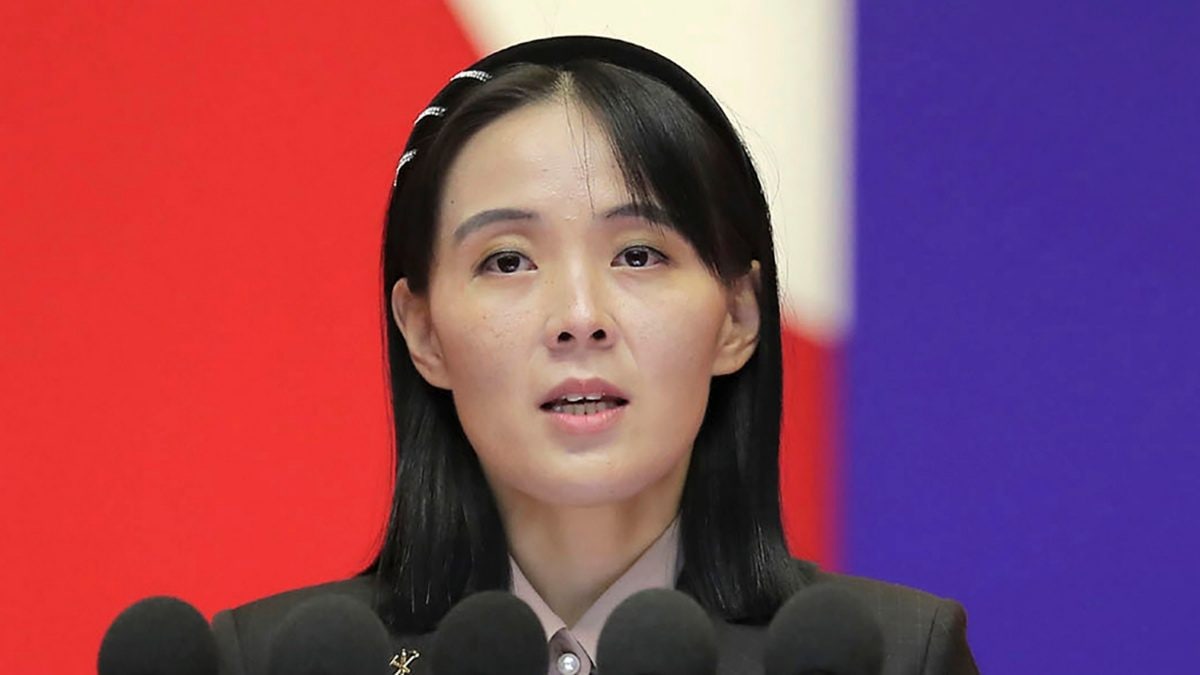Fighter jets in bombing raids drew heavy anti-aircraft fire over Khartoum on Saturday as fierce fighting between the Sudanese army and paramilitaries entered a third week, breaching a new truce.
More than 500 people have been killed since fighting erupted on April 15 between the forces of army chief Abdel Fattah al-Burhan and his number two Mohamed Hamdan Daglo, who commands the paramilitary Rapid Support Forces (RSF).
“There is no right to continue fighting for power as the country collapses,” UN Secretary General Antonio Guterres told Al Arabiya television.
Burhan and Daglo have agreed to several truces since the start of the war, but none have actually materialized as the civilian death toll continues to rise, thousands flee the country and those without the means of escape face an increasing struggle to survive.
The final three-day ceasefire is due to expire at midnight (22:00 GMT) on Sunday. It was agreed on Thursday after mediation led by the United States, Saudi Arabia, the African Union and the United Nations.
Dozens more have died in the past week since the United States announced that the warring parties had agreed to a first truce on April 24.
“We woke up once again to the sound of fighter jets and anti-aircraft guns exploding all over our neighborhood,” a witness in southern Khartoum told AFP.
Another witness said fighting had been going on since early morning, particularly around the headquarters of the state television station in the capital’s twin city, Omdurman.
Residents of Khartoum – home to five million people – have largely sheltered at home despite dangerously low food and water supplies and a lack of electricity.
Some only managed to sneak out during brief lulls in the fighting to buy desperately needed supplies.
– Blame trade –
As battles raged on the ground, the two rival generals – who seized power in a 2021 coup – took aim at each other in the media, with Burhan calling the RSF a militia that aims to ” destroy Sudan”, in an interview with US-Alhurra TV channel.
Daglo denounced the army chief in a BBC interview, saying he was “untrustworthy” and a “traitor”.
António Guterres lent his support to African-led mediation efforts.
“My call is that everything be done to support an African initiative for peace in Sudan,” he told Saudi-owned Al Arabiya.
The violence has so far left at least 512 people dead and 4,193 injured, according to the health ministry, but there are fears the toll could be much higher.
About 75,000 people have been displaced by fighting in Khartoum and the states of Blue Nile, North Kordofan, as well as the western region of Darfur, according to the UN.
Tens of thousands of Sudanese have fled to neighboring countries including Egypt, Ethiopia, Chad and South Sudan, while foreign countries have carried out mass evacuations of their nationals.
On Saturday, a ferry with around 1,900 evacuees arrived at King Faisal Naval Base in Jeddah after crossing the Red Sea from Port Sudan in the latest sea evacuation to the kingdom.
Britain announced it would end its evacuation flights on Saturday, after airlifting more than 1,500 people this week.
The UN announced on Friday that its last international staff had been evacuated from Darfur.
The World Food Program said the violence could push millions more into hunger in a country where 15 million people – a third of the population – already need help to stave off starvation.
About 70% of hospitals in areas close to the fighting have been put out of action and many have been bombed, the doctors’ union said.
– “Alarming” conditions in Darfur –
In West Darfur state, at least 96 people have been killed in the town of El Geneina this week, according to the UN.
“What is happening in Darfur is terrible, society is collapsing, we are seeing tribes now trying to arm themselves,” said António Guterres.
Doctors Without Borders (MSF) said there were reports of widespread looting, destruction and burning of property, including in camps for displaced people.
Sylvain Perron, MSF’s deputy operations director for Sudan, said the fighting has forced the agency to halt almost all of its activities in West Darfur.
“We are extremely concerned about the impact of this violence on people who have already experienced waves of violence in previous years.”
Darfur is still reeling from a war that began in 2003 when then hardline President Omar al-Bashir unleashed the Janjawid militia, mainly recruited from Arab pastoral tribes, to crush minority rebels ethnic.
The scorched earth campaign left at least 300,000 dead and nearly 2.5 million displaced, according to UN figures, and saw Bashir accused of war crimes, crimes against humanity and genocide by the International Criminal Court.
The Janjaweed then evolved into the RSF, which was officially established in 2013.
Burhan and Daglo’s 2021 coup derailed Sudan’s transition to established democracy after Bashir was ousted following mass protests in 2019.
But the two generals then fell out, most recently over the plan to integrate the RSF into the regular army.
Read all the latest news here
(This story has not been edited by News18 staff and is published from a syndicated news agency feed)







